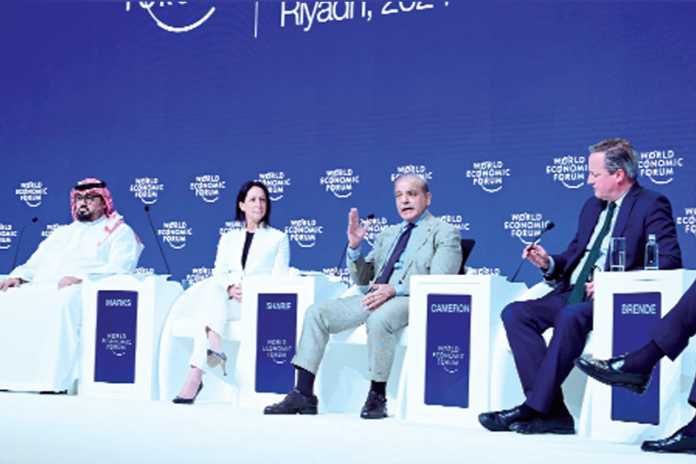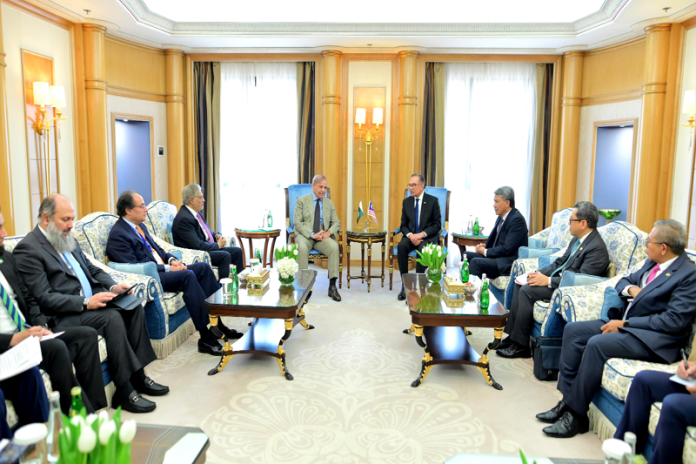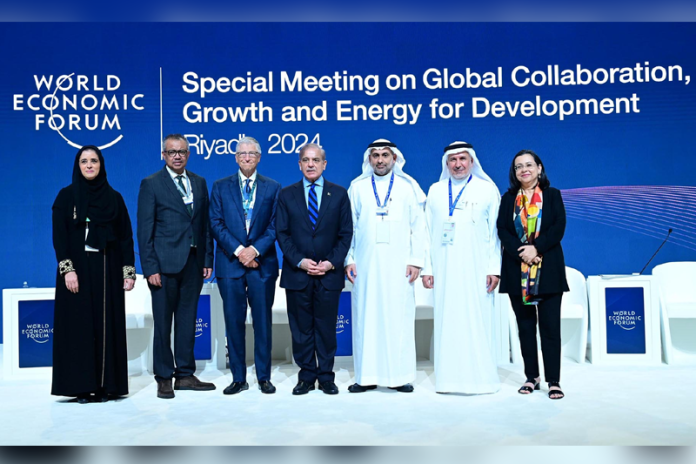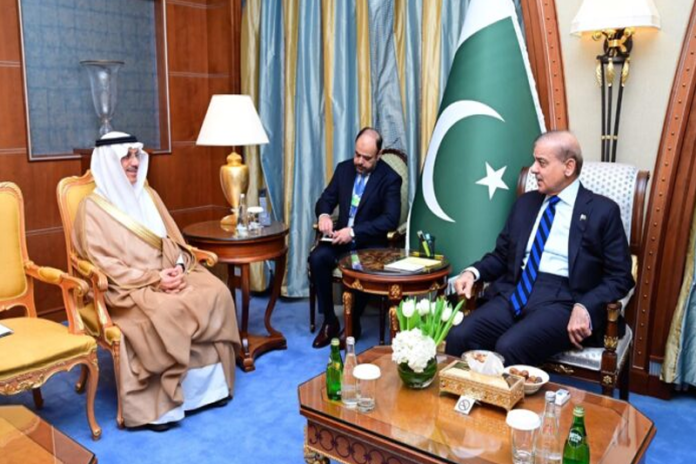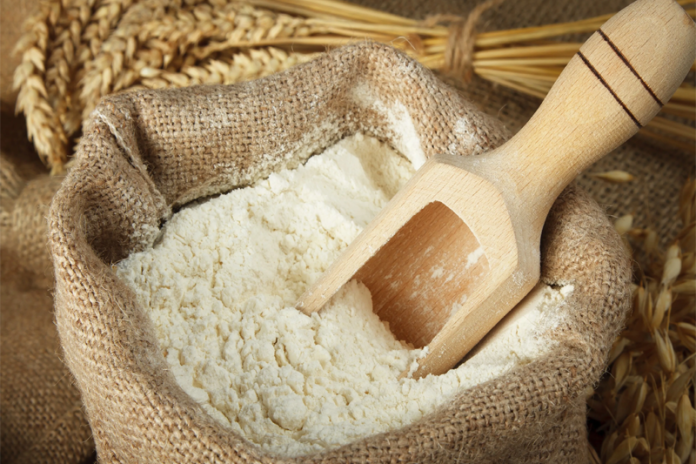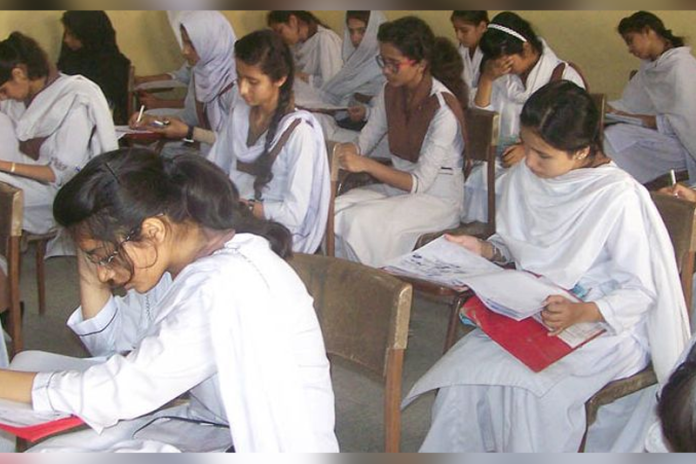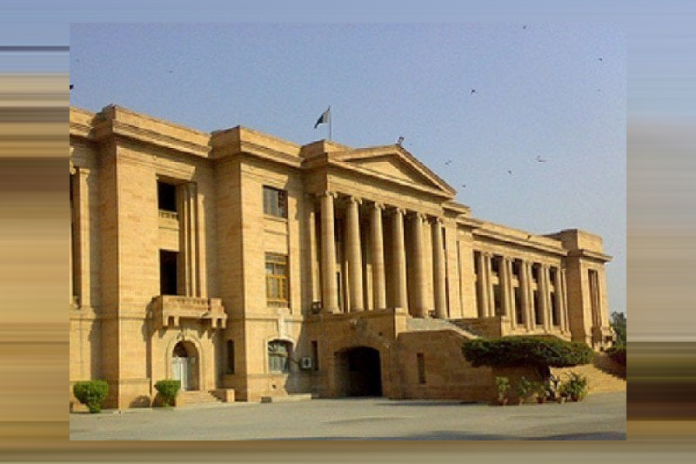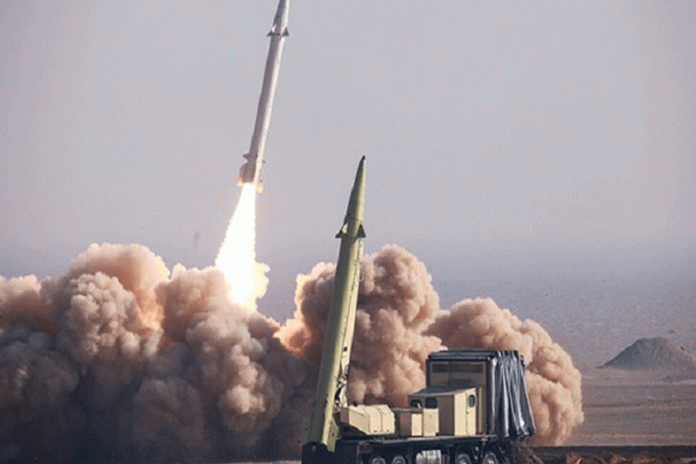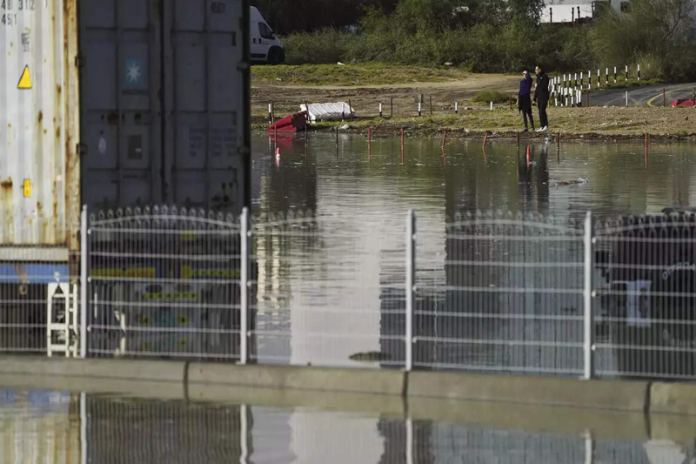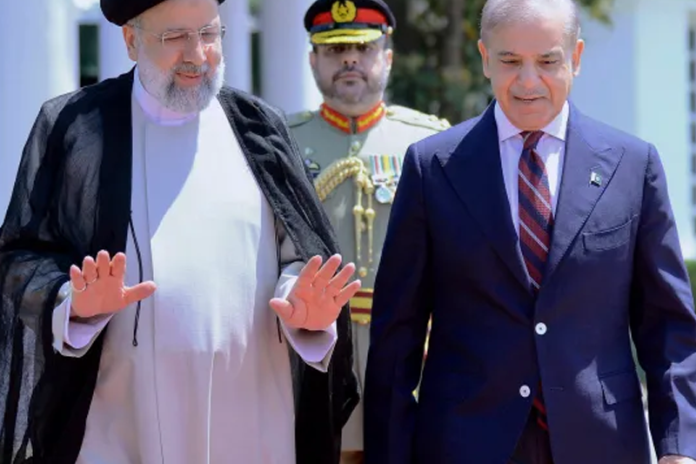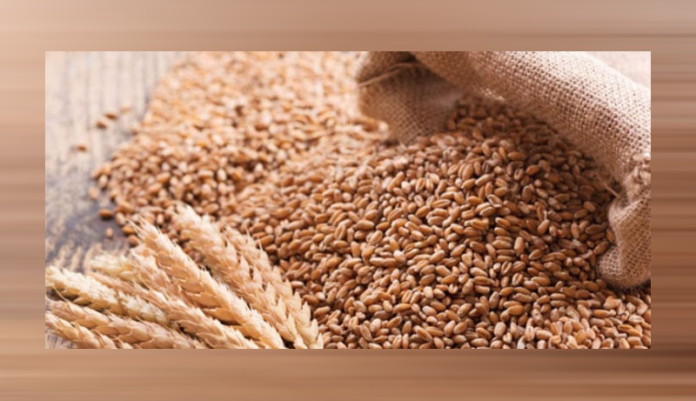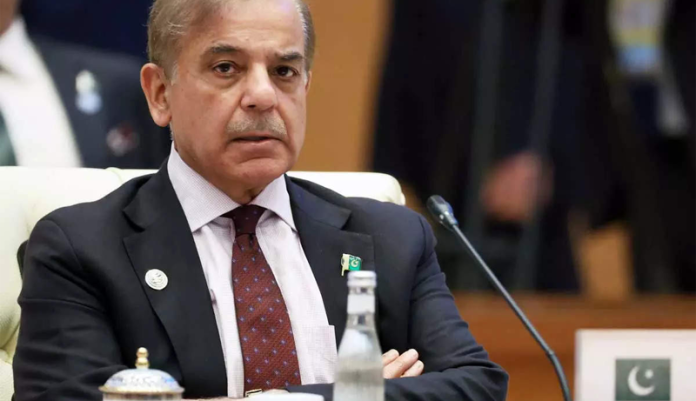Foreign loans: a big mess
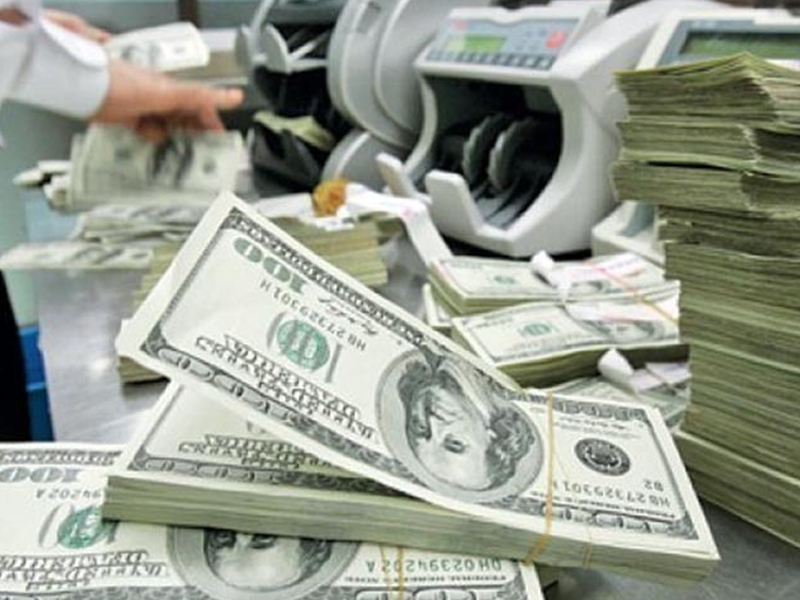
- 54
- 0
In the first 7 months of this fiscal year, Pakistan received about $6.3 billion in external debt, which is about 35.75 percent of the annual budget estimate. Despite financial support from the International Monetary Fund, Pakistan received this amount in the form of foreign debt. However, the caretaker government claims that it has managed the debt well and in the federal budget for 2023-24, international capital market and commercial debt.
In its monthly report on Foreign Economic Assistance (FEA), the Economic Affairs Division (EAD) said that the country will receive $17.6 billion in the first 7 months (July-January) of fiscal year 2024. Compared to the annual target, 6.3 billion dollars were received. As far as the transaction of domestic and foreign loans is concerned, it is a big mess and it is not easy for the common man to understand it even for educated people.
The reason for this is that until today, the people have never been bothered to inform the public about the acquisition and spending of such loans. International financial institutions are actually colonial banks run by imperialist countries. When they give loans, with such conditions as a result of which people's lives become difficult and it becomes impossible for them to meet their basic needs. Granted, we have to bow before the international financial institutions. The question is, where and who spent more than 126 billion dollars in debt, and why should the people pay for it, who are still longing for nothing? It should and should make solving public problems its first priority. The eyes of the people are waiting for the newly elected government to be formed so that according to the promises made to them, inflation and poverty reduction and new job opportunities can be provided which will be possible only with the establishment of a stable government but no political party has a majority. Due to this, a coalition government is being formed after reconciliation between the Muslim League (N) and the People's Party, in which the People's Party has decided not to participate in the cabinet.
We need to move to a high growth model of 5 to 6 percent GDP growth for economic recovery to increase industrial production, increase exports and create new employment opportunities, but the IMF has pegged Pakistan's GDP growth at 2 to 2.5 percent in 2024 and 2025. is predicted. In order to control inflation, State Bank's discount rate has reached 22% and banks' interest rate has reached 24%. The biggest problem of the people at the moment is inflation and unemployment. SIFC is doing great work for the development of agriculture sector. One prays that the newly elected government will be a stable government so that it can take strong decisions for economic recovery.
The next government will face numerous challenges of the economy, in which the biggest challenge is the IMF's new 3 to 5-year long-term program of 6 billion dollars, for which the negotiations will be held on April 4 after the end of the current program.
For this,the country will have to meet further IMF conditions. Pakistan's gas revolving debt has reached Rs 3000 billion, to reduce which the caretaker government has increased the gas rates by 67% in the last few days on the demand of the IMF, which affects residential, commercial, fertilizer and CNG consumers. But it will come into effect from February 1st, as a result of which the industrial gas rates will increase from Rs.2100 to Rs.2750 per MMBTU, which will cause an unsustainable increase in the production cost of the product.
At present, the government is giving a cross subsidy of Rs 244 billion to provide cheap electricity to domestic consumers consuming up to 400 units of electricity per month, which is being collected from industries, due to which the current rates of electricity for industries are 14 to 16 cents per kilo. Watt, compared to an average of 7 cents per kilowatt in regional rivals India, Bangladesh and Vietnam.
Cross subsidy i.e. giving cheap gas to one sector and putting its burden on another industry is a failed model of the world. One sector benefits from this privilege but the other sector becomes uncompetitive. Each sector should bear its own burden. The same has happened with the textile sector that to provide cheap electricity to domestic consumers who use 400 units per month, the government has put a burden of Rs. 16 cents per kilowatt which affected the competitiveness of the industrial sector and today Pakistan is unable to compete with its competitors in the region in exports and our exports have been stagnant for the past several years.
Every year we set new targets to increase exports but exports are decreasing instead of increasing which is a concern of the moment. We should make the export sector truly zero-rated with no taxes and duties and bring electricity and gas tariffs at par with other countries in the region.
In order to make the industrial sector competitive and increase exports, the Federal Minister of Commerce Gohar Ijaz, in his recent visit to the Federation, had indicated to reduce the electricity rates of industries to 9 cents, which was also approved by the SIFC, but the IMF opposed this proposal. Due to which the proposal to reduce the electricity rates of the export industries has been delayed. According to Aptma, with the recent increase in gas prices, 50 percent of the textile industries in the country may be closed, which will reduce the country's exports and increase unemployment, which the country's economy cannot afford.
In this regard, prominent exporters of the country recently held an emergency meeting hosted in Karachi. The agenda of the meeting was closure of textile industries due to increase in gas rates. One prominent business leader was requested to hold an immediate meeting with Federal Energy Minister Muhammad Ali and Commerce Minister Gohar Ejaz in this regard so that the expected shutdown of textile industries can be prevented.
We need to move to a high growth model of 5 to 6 percent GDP growth for economic recovery to increase industrial production, increase exports and create new employment opportunities, but the IMF has pegged Pakistan's GDP growth at 2 to 2.5 percent in 2024 and 2025. is predicted. In order to control inflation, State Bank's discount rate has reached 22% and banks' interest rate has reached 24%. The biggest problem of the people at the moment is inflation and unemployment.
Published in The Daily National Courier, February, 29 2024
Like Business on Facebook, follow @DailyNCourier on Twitter to stay informed and join in the conversation.








